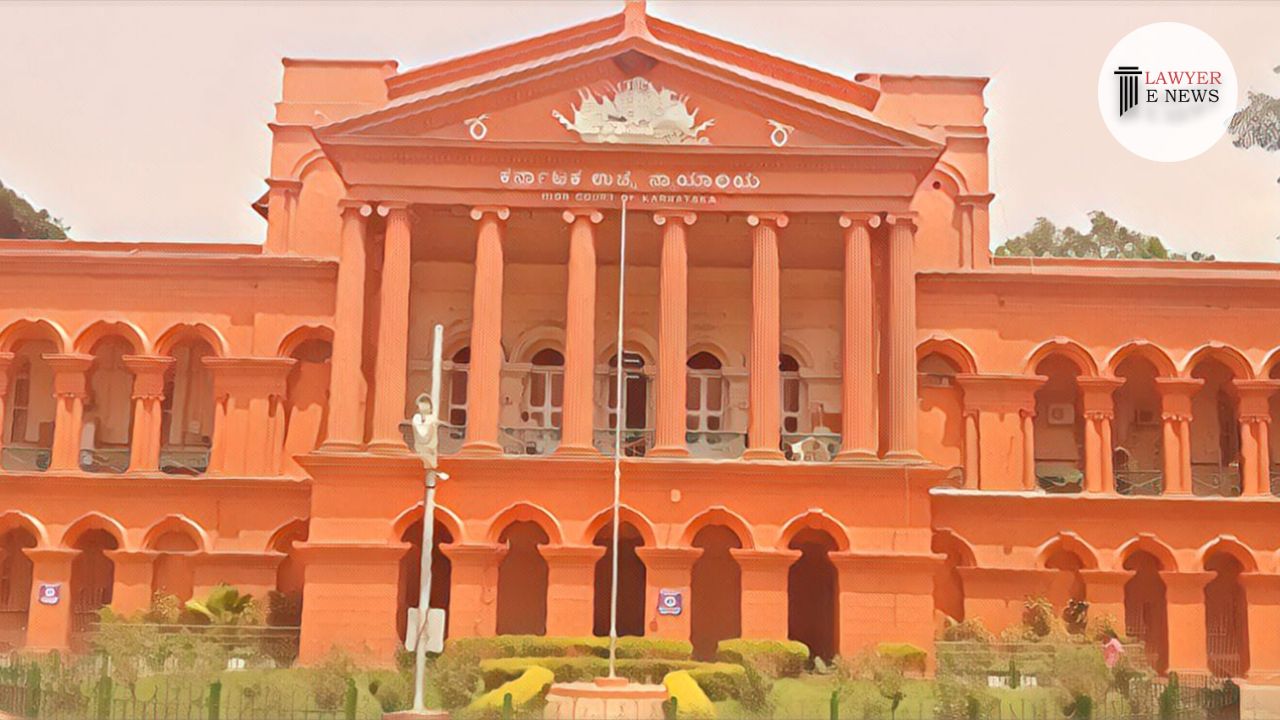-
by Admin
19 February 2026 3:14 PM



In a groundbreaking verdict, the Karnataka High Court, in the matter of a bail application filed under Section 439(2) of the Criminal Procedure Code (Cr.PC), has reaffirmed the importance of the victim's right to be heard in criminal proceedings. The decision, rendered by the Hon'ble Mr. Justice S. Vishwajith Shetty on October 11, 2023, carries significant implications for the criminal justice system in India.
The crux of the judgment lies in its emphasis on ensuring that victims are not just passive participants but active voices in proceedings related to bail applications, particularly in cases involving heinous offenses. The Court observed, "There is no requirement in law to implead the victim, but a victim now has unbridled participatory rights in all criminal proceedings in relation to which the person is a victim." This interpretation is derived from Section 439(1A) of Cr.PC, which mandates the victim's right to be heard.
The ruling drew parallels with similar cases, citing one where bail was revoked for an accused charged under the Protection of Children from Sexual Offences Act (POCSO). It was noted that "denial of victim's right to participate in the proceedings could be a factor for rightful cancellation of bail granted to the accused." This underlines the significance of adhering to the victim's right to be heard as a critical element of bail proceedings.
The Court issued a series of comprehensive directives for courts and prosecutors to ensure the effective implementation of the 2018 amendment to Cr.PC, the POCSO Act, and associated rules. These directives include notifying victims about bail applications, impleading victims as party-respondents when required, and providing legal assistance to victims.
The judgment further stressed the need for courts and prosecutors to keep victims informed about the stages of criminal proceedings, including the filing of bail applications by the accused. Non-compliance with these obligations could result in hardship to the accused and a potential infringement of their right to liberty.
In a move aimed at balancing the interests of all parties involved, the Court ordered the re-examination of the bail application in the case at hand. The petitioner, a government servant, had been released on regular bail without complying with Section 439(1A) of Cr.PC. The Court directed both parties to appear before the Trial Court for a fresh hearing of the bail application within a specified time frame.
This landmark judgment from the Karnataka High Court reinforces the principle that the victim's voice should not be ignored in bail proceedings, particularly in cases involving grave offenses. It underscores the significance of victim participation as a crucial element of the criminal justice process, ensuring a more equitable and balanced legal system.
Informant v. State of Karnataka & Ors.
Date: October 11, 2023
